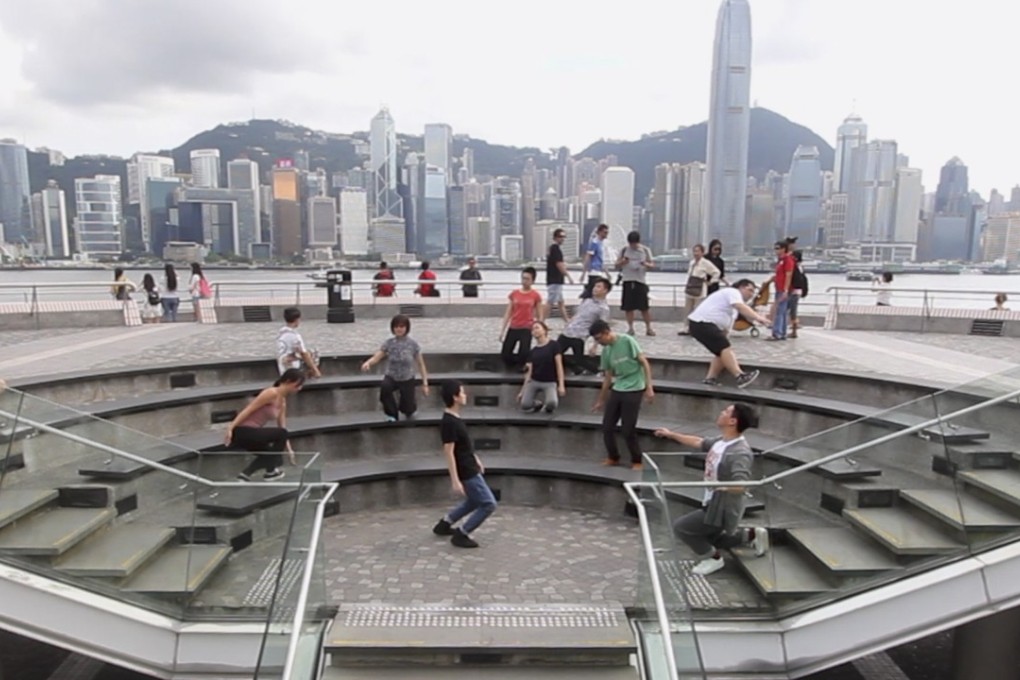How has art fared in Hong Kong under China’s rule? The scene is thriving, but some artists see – or fear – censorship
There are many more galleries, auctions and events and a lot more spending on art than 20 years ago, but some artists feel their work is threatened or compromised by lack of political freedom

It wasn’t a given that Hong Kong’s art scene would thrive better under Chinese rule than when the city was administered by a more liberal British government. Yet more funding and a creative environment have made the cultural ecology a lot richer than it was in 1997.
The government has set aside HK$4 billion for recurrent arts and culture expenditure this financial year, compared with just HK$840 million just after the handover. International art fairs and auctions are bringing more collectors to Hong Kong.
The number of commercial galleries has jumped from about a dozen in 1997 to more than 130. Independent art spaces, theatre and music groups appear to be thriving. And even the long-delayed West Kowloon Cultural District has started a regular programme of off-site exhibitions and performances.

“Back when I was studying for my master’s of fine art in 2010, no new graduate could hope to get an exhibition straight after graduation, or to become a full-time artist, without struggling for years first. Now they can.”
But there are fears the good days will not last. The Chinese Communist Party, which censors anything perceived as a threat to its rule, has adopted an increasingly hardline approach towards Hong Kong. Many artists say a gradual erosion of artistic freedom has either begun or is inevitable, even though Hong Kong’s “one country, two systems” model of governance enshrines the freedom of expression.